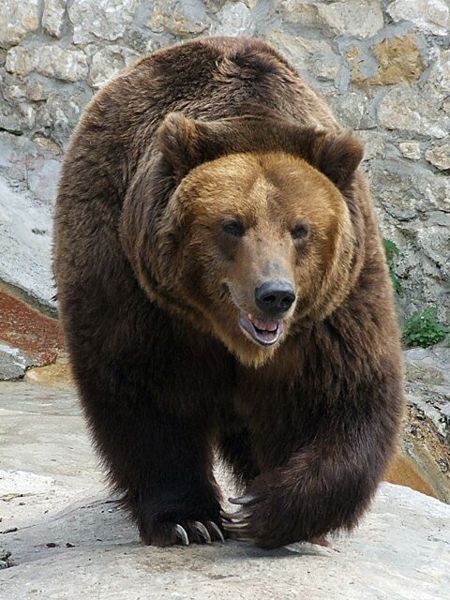 Think Wall Street’s rollercoaster ride is scary? Imagine if stocks were species. That’s what the future looks like in a warming world: a monster bear market robbing the world of its real riches.
Think Wall Street’s rollercoaster ride is scary? Imagine if stocks were species. That’s what the future looks like in a warming world: a monster bear market robbing the world of its real riches.
A new review published in Science addresses the question of whether the tropical forests and coral reefs of the tropics will have the most to lose as a result of global warming. Some say no: that tropical organisms will do well because their ranges will expand into temperate areas. Others says yes: because there’s little or no wilderness left in the temperate zone for them to move into.
Now a review of published papers finds that for plants and insects on a mountain slope in Costa Rica, a 3.2-degree C increase in temperature threatens 53 percent of lowland species with extinction, while 51 percent face range-shift gaps—meaning they have nowhere else to go.
Another reviewed study follows historical range changes for small mammals during 100 years of climate change in Yosemite National Park. These data show that species’ ranges are likely to contract dangerously as warming pushes life farther and farther up mountain slopes. . . Bottom line: biodiversity is Earth’s credit line. Without it, there’s absolutely no way to fund the future. Time to reassess our fatally flawed economics .
Julia Whitty is Mother Jones’ environmental correspondent, lecturer, and 2008 winner of the Kiriyama Prize and the John Burroughs Medal Award.
















